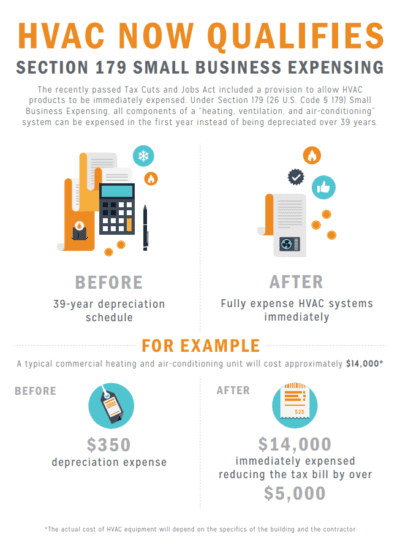The Future Of Home Home Heating - How Heatpump Innovation Is Developing
The Future Of Home Home Heating - How Heatpump Innovation Is Developing
Blog Article
Authored By-Merritt Dominguez
Heat pumps will be an important modern technology for decarbonising heating. In a scenario consistent with federal governments' announced power and climate commitments, their worldwide capability increases by 2030, while their share in home heating rises to one-quarter.
They work best in well-insulated homes and count on electrical energy, which can be supplied from a renewable power grid. Technical breakthroughs are making them more reliable, smarter and more affordable.
Fuel Cells
Heat pumps make use of a compressor, refrigerant, coils and followers to relocate the air and heat in homes and devices. They can be powered by solar energy or electricity from the grid. They have actually been gaining appeal as a result of their low cost, quiet operation and the capability to produce electrical power during peak power need.
Some business, like IdaTech and BG MicroGen, are working on fuel cells for home heating. These microgenerators can change a gas boiler and generate several of a house's electric requirements with a connection to the power grid for the remainder.
Yet there are reasons to be hesitant of using hydrogen for home heating, Rosenow says. It would certainly be pricey and ineffective contrasted to various other modern technologies, and it would add to carbon discharges.
Smart and Connected Technologies
Smart home technology allows house owners to connect and manage their tools from another location with making use of mobile phone applications. As an example, smart thermostats can learn your home heating preferences and instantly adapt to enhance energy consumption. Smart illumination systems can be regulated with voice commands and automatically turn off lights when you leave the room, minimizing energy waste. And wise plugs can keep track of and handle your electric use, enabling you to recognize and restrict energy-hungry appliances.
The tech-savvy house depicted in Carina's interview is an excellent image of exactly how residents reconfigure area home heating techniques in the light of brand-new wise home technologies. They rely on the gadgets' automated attributes to perform daily adjustments and concern them as a hassle-free means of performing their home heating methods. As such, they see no reason to adapt their techniques further in order to enable versatility in their home energy demand, and interventions aiming at doing so might deal with resistance from these households.
Electrical power
Because heating homes represent 13% people exhausts, a button to cleaner choices could make a huge distinction. Yet the technology deals with obstacles: It's costly and requires substantial home renovations. And it's not always suitable with renewable energy resources, such as solar and wind.
Up until just recently, electric heatpump were also costly to take on gas versions in the majority of markets. But new developments in style and products are making them a lot more affordable. And https://cristianukauk.ja-blog.com/29363756/the-ultimate-overview-to-recognizing-heat-pumps-exactly-how-do-they-function is enabling them to function well even in subzero temperature levels.
The next action in decarbonising home heating may be making use of warm networks, which attract warmth from a main source, such as a close-by river or sea inlet, and disperse it to a network of homes or structures. That would lower carbon exhausts and enable households to make use of renewable energy, such as green electrical power from a grid provided by renewables. This choice would be less costly than changing to hydrogen, a nonrenewable fuel source that calls for new infrastructure and would just minimize CO2 discharges by 5 percent if paired with enhanced home insulation.
https://www.washingtonpost.com/business/2019/12/03/homeowners-tips-when-repair-when-replace/
As electrical power rates go down, we're starting to see the exact same trend in home heating that has driven electrical vehicles right into the mainstream-- but at an also much faster rate. The solid environment instance for impressive homes has been pressed further by brand-new study.
Renewables represent a considerable share of modern-day warm usage, however have been offered minimal policy attention worldwide contrasted to various other end-use fields-- and even less attention than electrical energy has. In part, this mirrors a mix of customer inertia, split motivations and, in many countries, subsidies for fossil fuels.
New innovations might make the change less complicated. For instance, heat pumps can be made more energy effective by changing old R-22 refrigerants with new ones that do not have the high GWPs of their predecessors. Some specialists likewise picture district systems that draw heat from a close-by river or sea inlet, like a Norwegian arm. The warm water can then be made use of for cooling and heating in a neighborhood.